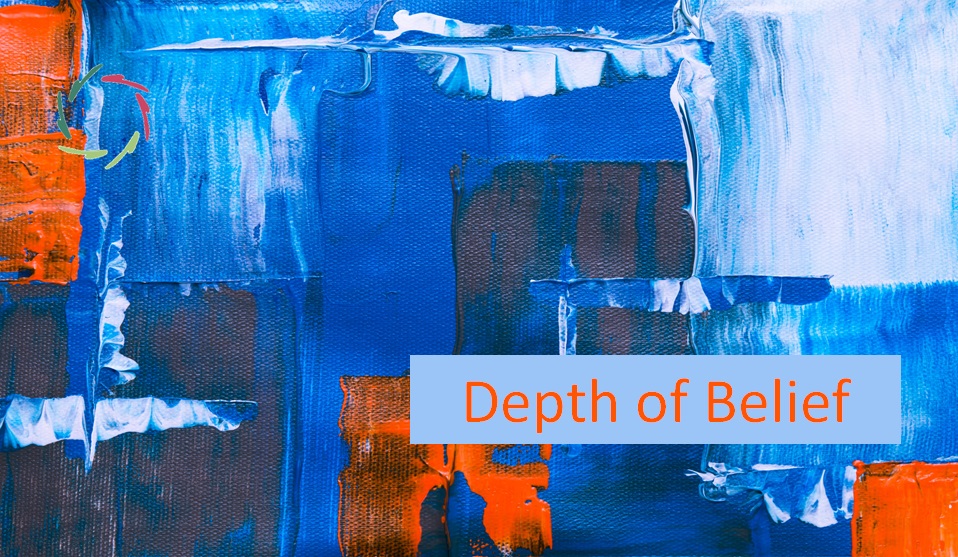Importance of Spontaneity

Spontaneity is the stuff of autosuggestion and of nature.
as in AURELIS.
A suggestion comes with freedom and direction. [see: “Suggestion: Communication to the Subconscious“] I suggest you read further. You are free to do so if you like. In autosuggestion, the emphasis lies on ‘doing yourself.’ It is, in a way, even more spontaneous.
Autosuggestion is not doing whatever one pleases. Actually, it may be quite a challenge. Support is welcome. Here lies the aim of the whole AURELIS project: to enable one to evolve as spontaneously as possible towards a chosen goal. No coercion. Growth. Whatever you do to support it, all growing in nature is a spontaneous process.
Spontaneity is essentially nature itself.
It’s a grace that may come after much effort. [see: “Grace“]
It’s a changing-from-inside ― the more spontaneous, the more from inside. It’s a meditative way that one can principally bring to any piece of life.
In some domains, as in healing, this may be not the most straightforward way but the most durable and profound and with many positive side effects. Eventually, it may also be the strongest.
East-West
(with many exceptions making some semblance of a rule.)
Western culture is heavily bent on being active, making things happen. This is super in many fields. It leads to a productive life, expansion, scientific and technical advances, and, well, world domination.
Eastern culture is more prone to letting things happen. Think of the not-doing in Taoism and Buddhism, for example. Think of Emptiness. Although meditation has always happened everywhere, we associate it more with the East.
There’s a lot of doing in the East, and we know Emptiness in the West. Think of the nothingness of Meister Eckhart, for example. Still, in general terms, the difference is apparent.
From Emptiness comes Compassion.
This ancient Buddhistic idea means that Compassion eventually comes from deep inside, one way or another. Spontaneously, the Compassionate person grows and overlaps with others. Without coercing oneself, without losing anything within oneself or the other, as a total-person, one can “feel what another feels.”
That, and the way it invites to grow in safety and support where needed, is the healing attitude, the Compassionate gift from one person to another. Anything less may be altruistic but not truly Compassionate. [see: “Altruism – Compassion“]
Stress
The more spontaneity, the more there is self-alignment in the result ― motivations pointing in the same direction. If they don’t, the result is a profound tension felt as stress.
Some stress is excellent ― keeping one awake and alive, even. Distress causes much illness, un-wellness, and unsavory social conduct. Not everything needs to be spontaneous, but if nothing is, the self gets lost. A person runs into burnout and depression.
We are nature. We need growth.
Natural growth ― a striving each time again. Of course, this doesn’t come through any miracle.
It happens as-if by itself.
It happens spontaneously.


